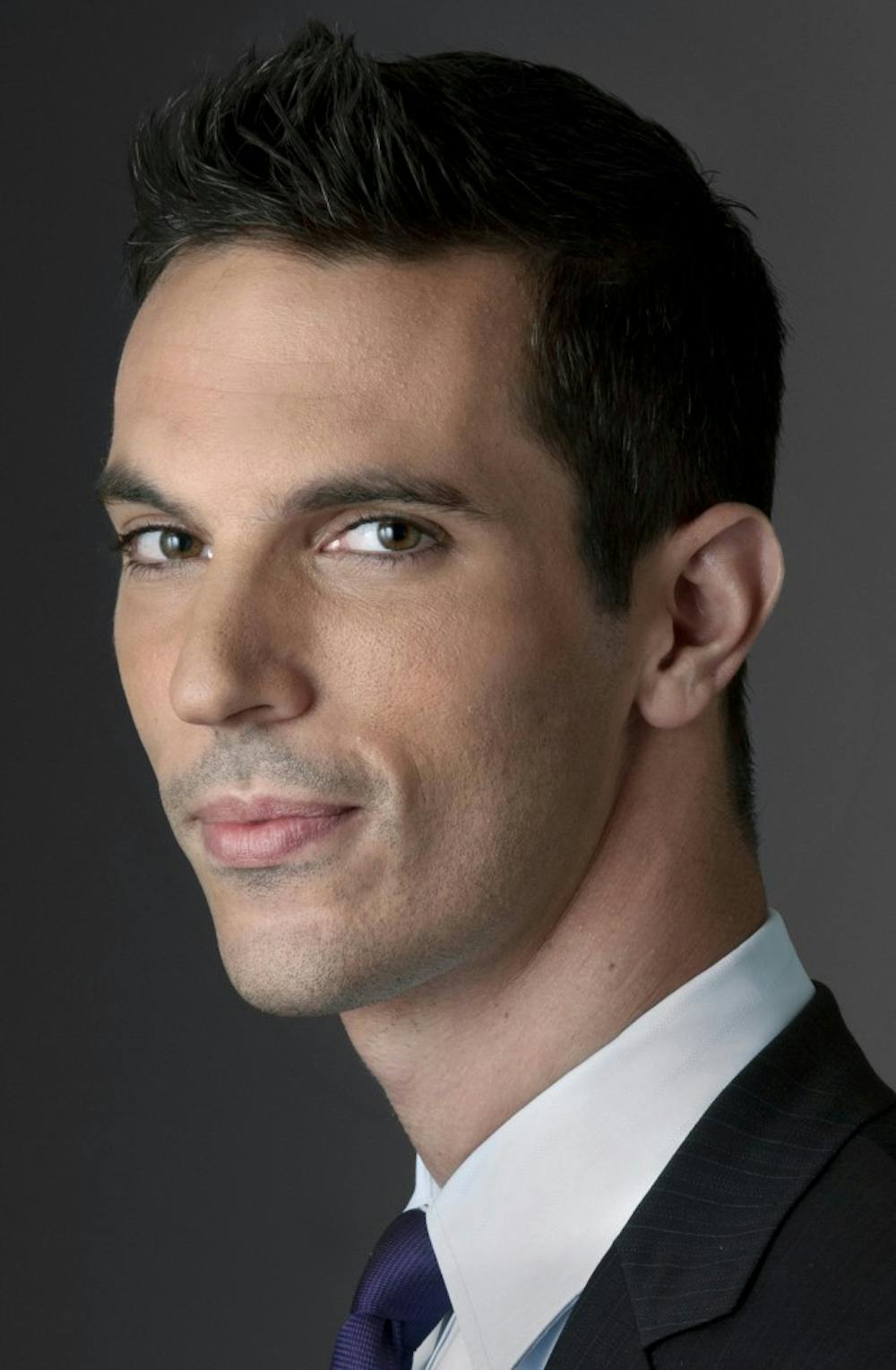_Ari Shapiro is a correspondent for National Public Radio who reports on the White House.
Shapiro was the first NPR reporter to become a correspondent before the age of 30. He will give a lecture today titled “Stories You Won’t Hear on the Radio,” in which he will talk about what to expect from President Barack Obama’s second term.
He spoke with staff writer Zach Freshwater about his experiences at NPR and his advice for young journalists._
Daily Tar Heel: When did you start working for NPR?
Ari Shapiro: I started as an intern in January of 2001. I graduated from college in 2000 and interned for Nina Totenberg, who covers the Supreme Court and legal affairs. After that I went to work at Morning Edition, the morning news program, and then ultimately started doing some freelance stories, and then became a reporter full time a few years later.
DTH: You’re featured on TV pretty frequently — do you think you would ever want to transition into television?
AS: I really love NPR. There is so much editorial freedom. There is such a devoted audience that really cares about the country and the world that we live in. It’s such a good work environment with people that I respect so much. I enjoy doing television, but I’m not looking to leave NPR.
DTH: You were the first person under 30 to be promoted to the correspondent position at NPR. What was that like?
AS: You know, my whole career, I’ve just been grateful to have opportunities that are just almost beyond my grasp, so that I’ve really had to stretch and strive and work hard to be able to do what I’ve been assigned. And the challenge is part of what I love about it — that it just never gets boring.



